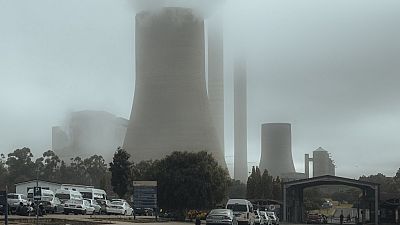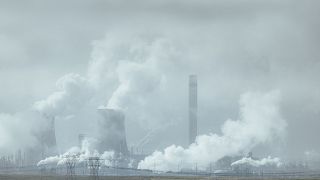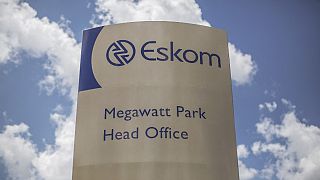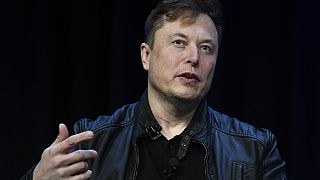South Africa
South Africa's industrial giants are "endangering" the African powerhouse's energy transition by continuing to defend fossil fuels such as coal and natural gas, the environmental NGO Influence Map said in a report published Thursday.
The study examines the climate policy of 16 companies based in South Africa and 12 industrial lobbies. While nearly three-quarters of the companies surveyed support South Africa's move towards renewable energy, they "continue to strongly support the role of coal", as the think tank points out, in the mining sector.
The same is true of the two economic heavyweights and biggest polluters in Africa's leading industrial power: the state-owned company Eskom produces 90% of the country's electricity mainly from coal, and the chemical industry specialist Sasol defends the use of natural gas.
However, this lobbying puts "in danger the climate objectives of the country", regularly classified among the 15 biggest emitters of greenhouse gases on the planet, the NGO criticizes which also pinpoints "not strict enough" measures of the government as regards climate.
Eskom and Sasol are trying to get through the carbon tax that penalizes large emitters. South Africa became the first country on the continent to introduce such a measure in 2019, although it remains almost entirely offset by tax breaks.
"The framing of climate policies within companies in South Africa is crucial to unlocking the country's transition" to carbon neutrality, Influence Map points out.
South Africa was the first country to sign a "Just Energy Transition Partnership" (JETP) at COP26 in Glasgow, which provides financial support from rich countries. Indonesia and Vietnam followed suit. A $98 billion investment plan for South Africa was approved last year at COP27 in Egypt.
According to the World Bank, however, South Africa will need at least $500 billion to achieve carbon neutrality by 2050.
Africa's leading industrial power is facing a serious energy crisis, unable to produce enough electricity for the 60 million South Africans continually undergoing drastic load shedding.
Eskom, plagued by debts after years of mismanagement and corruption, particularly under the era of former president Jacob Zuma (2009-2018), is struggling with outdated power plants that regularly break down.













Go to video
Tanzania’s Prime Minister steps down ahead of elections
Go to video
Former South African deputy president David Mabuza dies at 64
01:00
Pix of the Day: July 3, 2025
Go to video
In Kenya, 90% of packaged food needs health warning label under new rules
00:52
Nigeria’s Peter Obi to contest 2027 election, opposition coalition in jeopardy